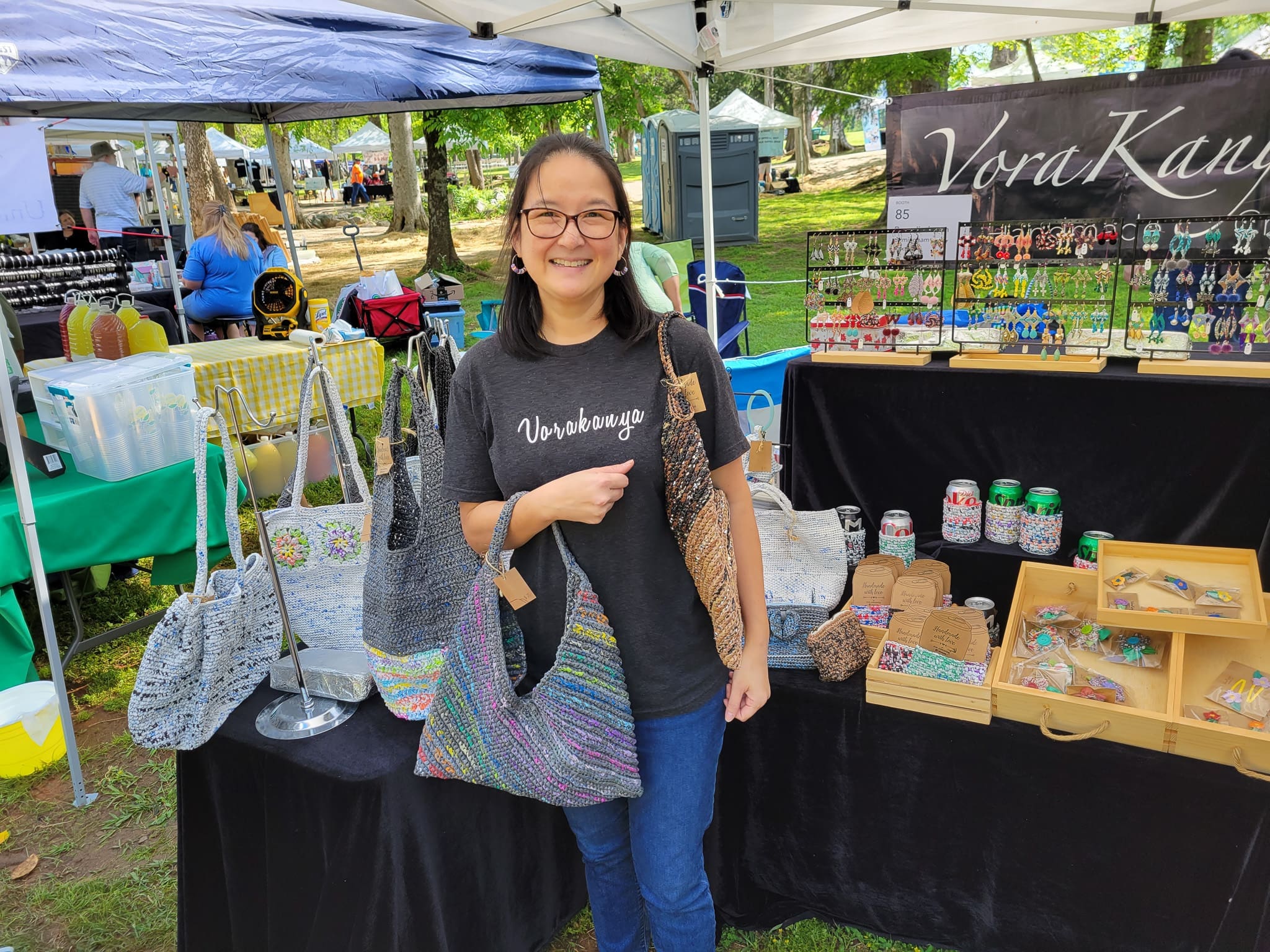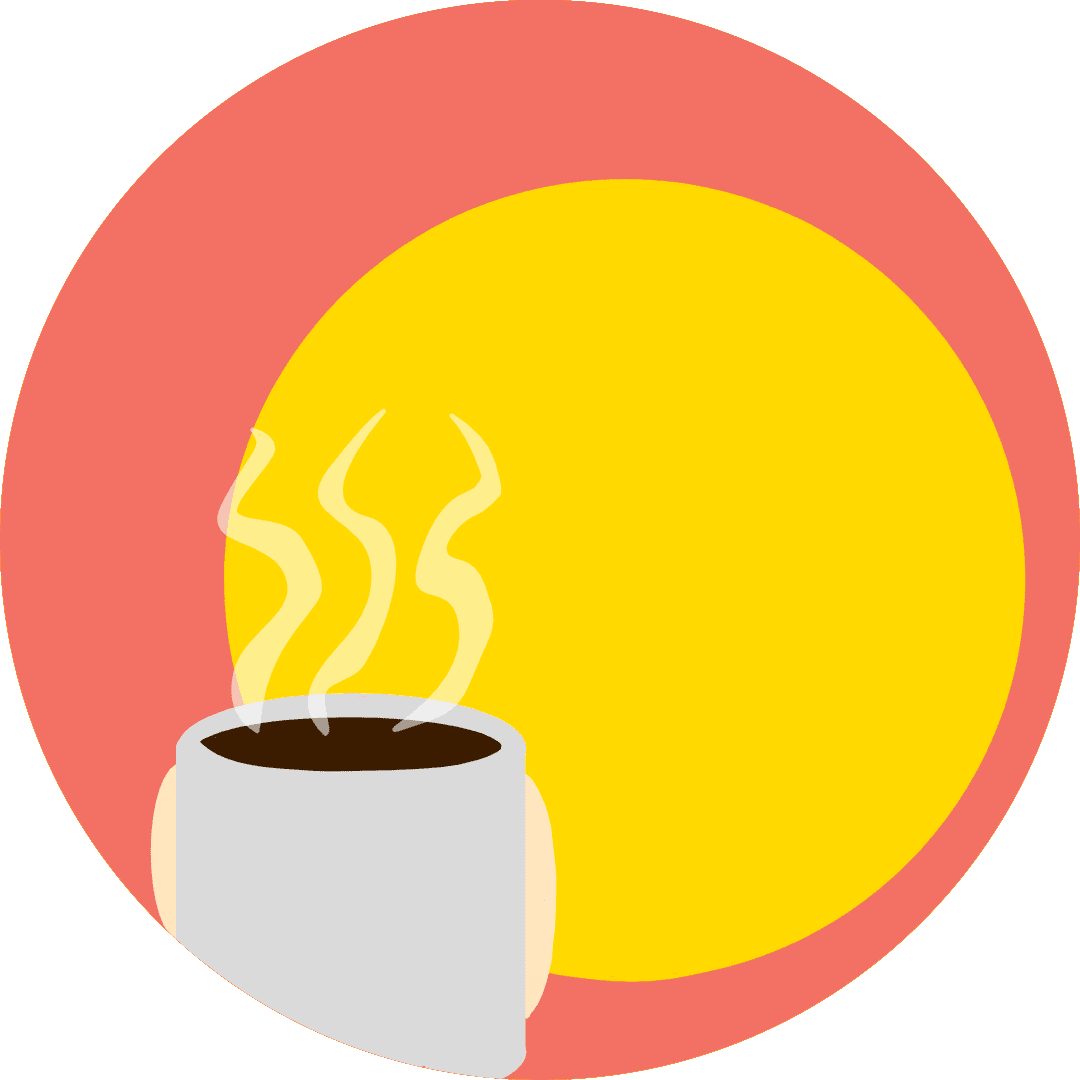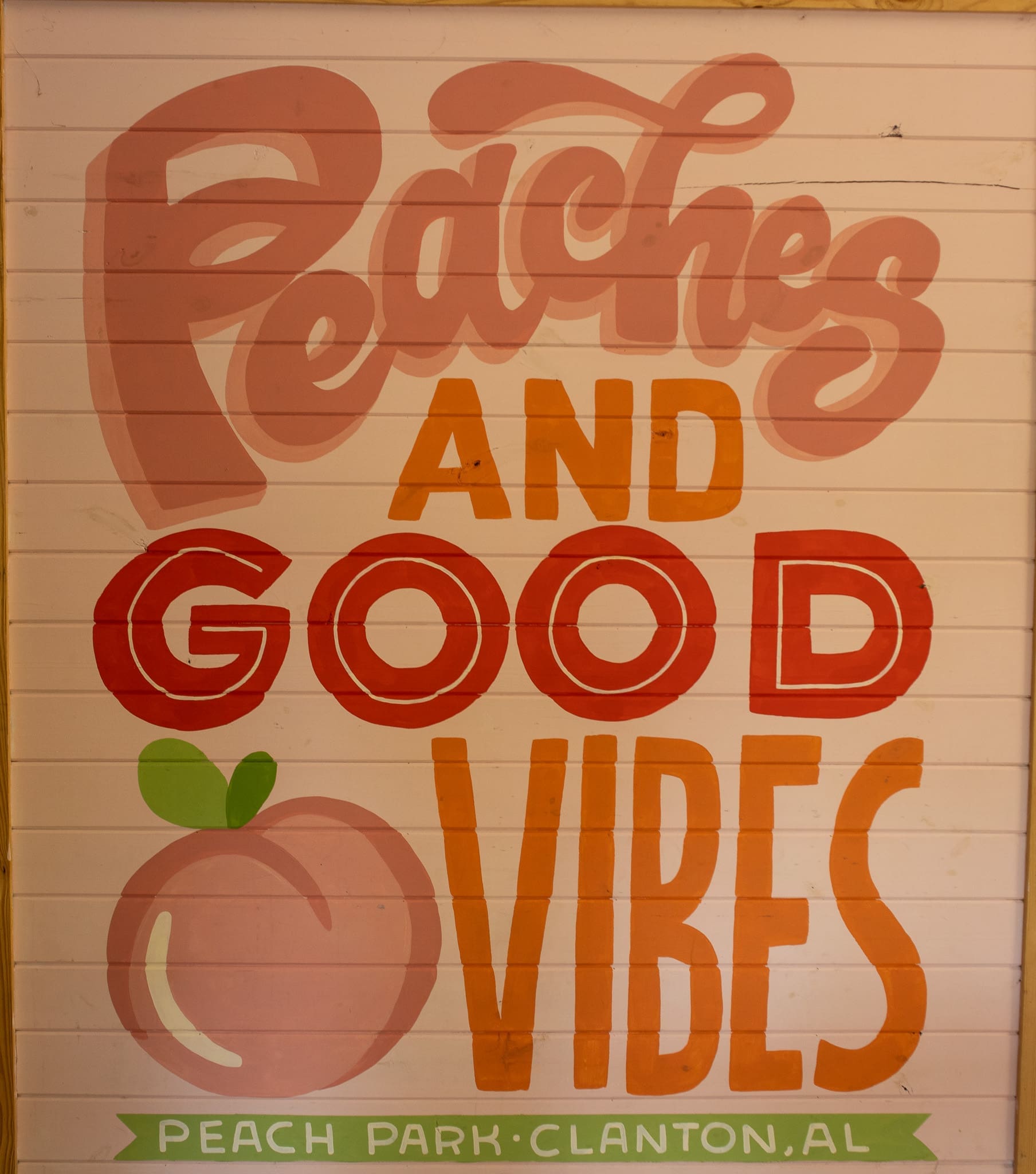If you visit an art fair, you are bound to see a wide variety of impressive artists and artwork. In a sea of impressive work, Vorakanya, a small business run by Pim Jindapon, is sure to stand out. While Pim has several different types of artwork on display, the work that she creates which is most noticeable are her handbags crocheted out of reused plastic.
Pim originally started her work as an independent artist making hair bows 12 years ago. She originally bought the material she needed to make her daughter a hairbow. Later, her husband Paan Jindapon, took her to a craft fair.
“We started walking around,” explained Pim. “I said, ‘Oh, can you sell this kind of thing?’”
The next year after visiting the art fair, the Jindapons registered for some art fairs. The first time that she set up the table, Pim said that she only had one table and her hairbows.
She now needs several tables and numerous stands to display all of her work at events.
After her initial foray into the art market with hairbows, Pim expanded her work to include earrings, bracelets and other jewelry. She also enjoyed crocheting, and one day while crocheting she had an epiphany.
“I realized that we have lots of plastic bags at home and might as well just try crochet plastic bags,” Pim said.

Primarily, Pim crochets handbags, though she also has created koozies for drinks and small hanging baskets for succulents.
Pim started out just using plastic bags from stores in her work. These offered a limited amount of color options so she expanded to other plastics.
“It started when we went to a Halloween party, and we helped clean up.” said Paan.
The Jindapons explained that the party’s host was throwing away a plastic tablecloth, which had only seen a few hours of use. That gave Pim the idea to start incorporating tablecloths into her work.
She didn’t stop at plastic tablecloths though. She crocheted some bags using emergency blankets. This let her add a reflective silver to the patterns of her bags. While she still has some bags for sale that incorporate emergency blankets, she now uses silver tablecloths.
Pim said that to make one of her larger bags usually takes her a few days and takes a considerable number of plastic bags.



“I use about 70 to 80 plastic bags to make one bag,” said Pim.
She’s a stay-at-home mom and does much of her work in the in-between moments of the day. For instance, when waiting to pick up her daughter, she’ll crochet in the car.
“I just can’t stop my hands from moving,” Pim said. “So I have to find something to do…even when I watch movies or anything, I have to do something. I have to use my hands.”
Pim explained that she enjoyed trying out new designs and creations, exploring the different possibilities for her art. She particularly enjoys Japanese crochet patterns.
“I can’t read Japanese,” explained Pim. “So basically, I just look at the pattern itself. And I try to learn and figure out how to do it.”
Paan described Pim’s process as one that involved a lot of trial and error, and Pim agreed. This means that there is a lot of variety to her designs.
“Some of the pattern I can remember, but sometimes they won’t come out exactly the same,” said Pim. “Sometimes I use random colors. So it comes out not the same, not exactly the same. So yeah, that’s kind of fun.”
Currently, one of Pim’s favorite bag designs is one that she describes as similar to Origami, the Japanese art of paper folding. She crochets a rectangle, then folds it and stitches the sides together, then adds on the handles.

While her work reusing plastic bags and tablecloths certainly makes her stand out, she also creates other pieces of art for the fairs she attends.
She also sells earrings and hairclips. The earrings are made using a technique called peyote beading, a technique that uses needles and thread to create patterns.

Pim isn’t the only artist in her family. Her daughter Dara Vorakanya Jindapon, for whom the business is named after, also makes art work. She creates small earrings, which her parents set up inside their booth and sell as well. Paan explained he felt Pim was setting an example for their daughter to follow.
“She knows the value of money,” said Paan. “She’s not just getting money from us or from grandparents…she can, you know, work hard and earn something.”
For her part, Dara is proud of the work her mother does and one day hopes to follow in her footsteps selling her work at markets.

“I think it’s cool that she does all this stuff,” said Dara. “And like at home, she’s always working on it. And everytime they get home from the sales, and she’s always really proud of the money she makes.”
Anyone looking to see more of Pim’s work can check out the Vorakanya Facebook page.

Want to get early access to columns, unique newsletters and help keep The Sunrise News active? Then support us on Ko-Fi!



